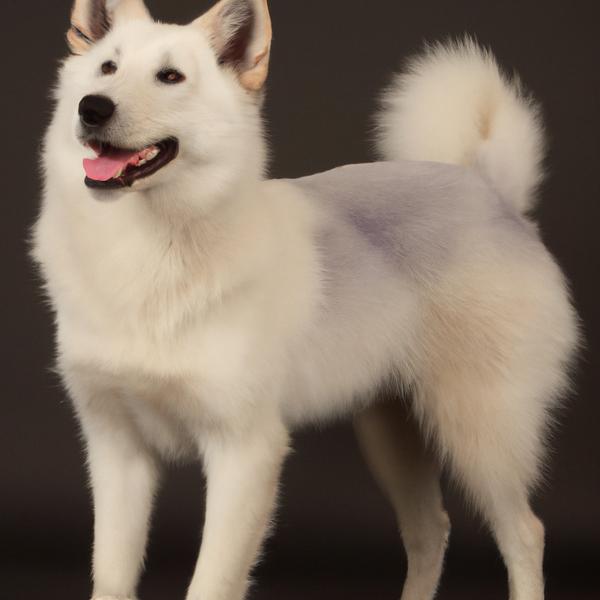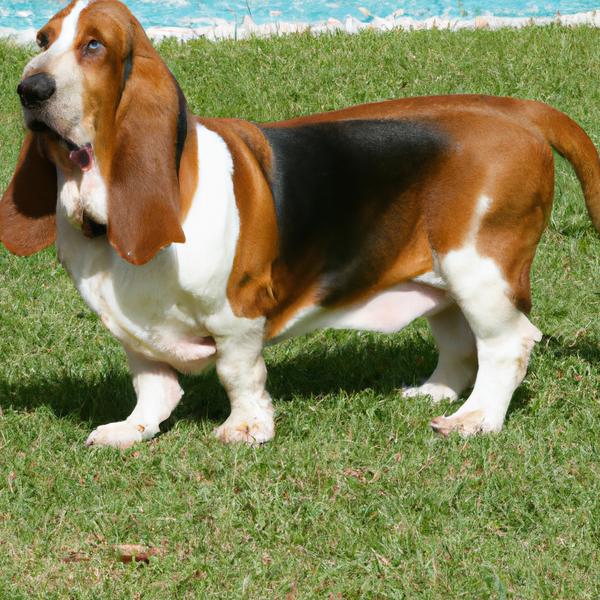Australian Eskimo vs. Basset Hound: Breed Differences and Similarities
Hypoallergenic
Are Australian Eskimos or Basset Hounds hypoallergenic, or neither?
Unfortunately, neither Australian Eskimo nor Basset Hound are hypoallergenic, which may not make them the best choice for dog lovers who suffer from pet allergies.
Temperament
What are the personalities of Australian Eskimo and Basset Hound dogs?
Active
Loving
Independent
Energetic
Protective
Alert
Intelligent
Friendly
Affectionate
Good-natured
Affectionate
Friendly
Sweet
Tempered
Devoted
Gentle
Tenacious
Shedding Level
Do Australian Eskimos shed more than Basset Hounds, or which breed sheds more, Australian Eskimos or Basset Hounds?
Australian Eskimos are heavy shedders, but regular brushing can help manage shedding and promote a healthy coat.
Basset Hounds are moderate shedders, but regular brushing can reduce shedding and maintain coat health.
Watchdog Ability
Which dog breed makes a better watchdog, the Australian Eskimo or Basset Hound?
Australian Eskimos aren't great guard dogs; they tend to just watch without taking action.
Avoid Basset Hounds as watchdogs - they're not effective.
Origin
What is the origin of Australian Eskimo and Basset Hound dog breeds?
United States
France
Ancestry
What are the origins of Australian Eskimo and Basset Hound breeds?
American Eskimo and Australian Shepherd
basset d’artois, basset normand
Breed recognition
Which kennel clubs recognize/register Australian Eskimo and Basset Hound?
ACHC = American Canine Hybrid Club
DRA = Dog Registry of America, Inc.
American Canine Registry
American Kennel Club
America's Pet Registry
Canadian Kennel Club
Dog Registry of America Inc.
Federation Cynologique Internationale
Kennel Club of Great Britain
North American Purebred Registry, Inc.
American Canine Association, Inc.
Australian National Kennel Council
Continental Kennel Club
National Kennel Club
New Zealand Kennel Club
United Kennel Club
Date of Birth
When were Australian Eskimo and Basset Hound breeds first developed?
1990s
1500s
Litter Size
What is the usual litter size for Australian Eskimo and Basset Hound?
An Australian Eskimo can have a litter of 4-6 puppies on average. However, it's worth noting that the size of the litters can vary greatly. Factors that can influence litter size include the health of the mother, breeding history, and genetics.
A Basset Hound can have a litter of 10-12 puppies on average. However, it's worth noting that the size of the litters can vary greatly. Factors that can influence litter size include the health of the mother, breeding history, and genetics.
Adaptability
Australian Eskimos are known for their adaptability and can adjust well to different environments and lifestyle changes.
Basset Hounds are highly adaptable and versatile, making them excellent companions for families and individuals of all lifestyles.
Health Issues
Between Australian Eskimo and Basset Hound, which breed is more prone to health problems?
Australian Eskimo and Basset Hound breeds are generally considered to be healthy. However, like all breeds, they are susceptible to certain health issues and it is important to keep an eye out for them and address them with your veterinarian as needed.
Major Concerns
What are the major health concerns for Australian Eskimo and Basset Hound breeds?
Patellar Luxation
Progressive Retinal Atrophy
Hip Dysplasia
Epilepsy
Addison's Disease
Gastric Torsion
Von Willebrand's Disease
Hypothyroidism
Thrombopathia
Minor Concerns
What minor health issues should be kept in mind when owning Australian Eskimo and Basset Hound?
Dental Disease
Intervertebral Disc Disease
Glaucoma
Occasional Tests
What occasional tests are recommended for Australian Eskimo and Basset Hound breeds?
Hip And Eyes
X-Rays
Eye Examination
Dental Examination
Eye
Blood
Skeletal
X-Rays
Physical Examination
Energy
How do the energy levels of Australian Eskimos and Basset Hounds compare?
Australian Eskimos' high energy levels make them unsuitable for a low-key dog, choose accordingly.
Basset Hounds are a good choice for a low-key lifestyle due to their low energy levels.
Social Needs
Australian Eskimo vs Basset Hound social needs comparison
Australian Eskimo has very high social needs and requires regular mental and physical stimulation, a job or purpose, and companionship.
Basset Hound has average social needs and is less independent than other breeds.
Exercise Needed
Australian Eskimo vs Basset Hound exercise need comparison.
The Australian Eskimo and Basset Hound breeds require a moderate amount of physical activity to maintain a healthy lifestyle. They are ideal for people who have a moderate amount of time to devote to their pets and enjoy regular physical activity themselves. They also make great family pets as they have the energy to keep up with children and the temperament to be great companions.
Sleeping Need
Which of the two sleeps the most/least: Australian Eskimo or Basset Hound?
Australian Eskimos are active and require sufficient sleep to stay healthy.
Basset Hounds are known for their relaxed and calm nature and enjoy long periods of sleep.
Tendency to Bark
Do Australian Eskimos or Basset Hounds bark more/less frequently?
Australian Eskimo dogs are generally less vocal than other breeds and only bark when necessary, such as to alert their owner or communicate.
Basset Hounds bark moderately when necessary and may also bark due to certain triggers like fear, alarm, boredom, greeting, separation anxiety and compulsive barking.
Mouthiness
Mouthiness Comparison: Australian Eskimo vs Basset Hound?
Roaming urge
Australian Eskimo vs Labrador: Running away tendency?
Prey Drive
Australian Eskimo or Basset Hound - which breed has a higher level of prey drive?
Past times
What are some enjoyable activities and ways to keep Australian Eskimo and Basset Hound entertained?
Puzzle Toys, Hiking, Frisbee, Hide & Seek, Walk, Run, Hike, Chase, Fetch, Chasing rocks, Boating, Walks, Running, Walking, Car ride, Playing, fetch
Playing outside, Cuddling, Car rides, Treats, Nap, Sniffing, Petting, Sniffin, Pattoll, Patrolling, Dog watching, Howling, Getting pets, Sniffing things, Go to Park, Walk, Catch treats, Nose work, Brushing, Eating Snacks, Sniff, Cuddle, Sleep, Walking, Meeting dogs, Meeting people, Kissing, Run, Fetch, High Five
Tolerance of being left alone
Grooming
Which breed is easier to maintain in terms of grooming, Australian Eskimos or Basset Hounds?
The Australian Eskimo requires an average amount of grooming compared to other breeds.
The Basset Hound has low grooming needs and is easy to maintain.
Intelligence
Comparing Intelligence: Australian Eskimos vs Basset Hounds
Australian Eskimos are average in obedience intelligence but have a high IQ and may cause trouble if left unsupervised.
Basset Hound is an independent and stubborn breed with low obedience intelligence, making training a test of patience.
Sensitivity Level
How do Australian Eskimo and Basset Hound compare in sensitivity?
This breed is sensitive to its environment and best suited for patient and understanding families with a consistent routine.
This breed is sensitive and requires gentle handling and a calm home environment.
Affection Dependance
Which is the more affectionate dog breed: Australian Eskimo vs Basset Hound?
Apartment Friendly
Which breed is more apartment-friendly: Australian Eskimo or Basset Hound?
The Australian Eskimo is a great apartment dog, thriving with sufficient exercise and time outside as part of their daily routine.
The Basset Hound is not suitable for apartments and requires a large yard to thrive. Pent-up energy in small spaces can lead to destructive behavior.
Child Friendly
Do Australian Eskimos or Basset Hounds have a friendlier temperament towards children?
The typical characteristics of Australian Eskimo and Basset Hound indicate that this breed of dog is an ideal companion for kids and makes them family pets. Their gentle and protective nature and calm mentality make them gel along quickly with the younger humans.
Senior-friendly
Which dog is more suitable as a pet for the elderly - Australian Eskimo or Basset Hound?
Cat Friendly
Do Australian Eskimo or Basset Hound breeds have a better compatibility with cats?
Australian Eskimos are average in their friendliness toward cats and tend to do well with them, especially if raised together.
Basset Hounds are very friendly with cats and make great companions for them.
Dog Friendly
Which breed is more sociable with other dogs: Australian Eskimo or Basset Hound?
Australian Eskimos are friendly and active companions, and can be good family pets, though their friendliness towards other dogs may vary.
Basset Hounds are generally very friendly towards other dogs, with a happy and affectionate temperament.
Pet friendly
How do Australian Eskimo or Basset Hound dogs interact with other pets?
Stranger Friendly
Which breed is more friendly with strangers: Australian Eskimo or Basset Hound?
Australian Eskimos are quick to announce strangers and can be standoffish or suspicious.
Basset Hounds are highly friendly around strangers.
Playfulness
Which breed is more playful between Australian Eskimo and Basset Hound?
Australian Eskimos are very playful, so adopting an older one might be a better option for a more relaxed experience.
Basset Hounds are not known for being a highly playful breed.
Trainability
How do the trainability levels of Australian Eskimos and Basset Hounds compare?
The Australian Eskimo is highly intelligent and eager to please, making it a great choice for both novice and experienced dog owners due to its easy trainability.
Basset Hounds are usually easy to train but require consistency to fully obey commands.
Compare Australian Eskimo with other breeds
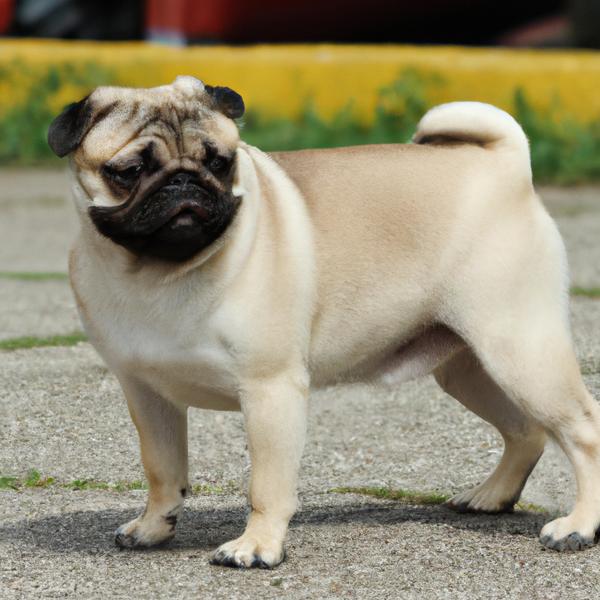
Pugland
Australian Eskimo vs Pugland

Mini Ratzer
Australian Eskimo vs Mini Ratzer
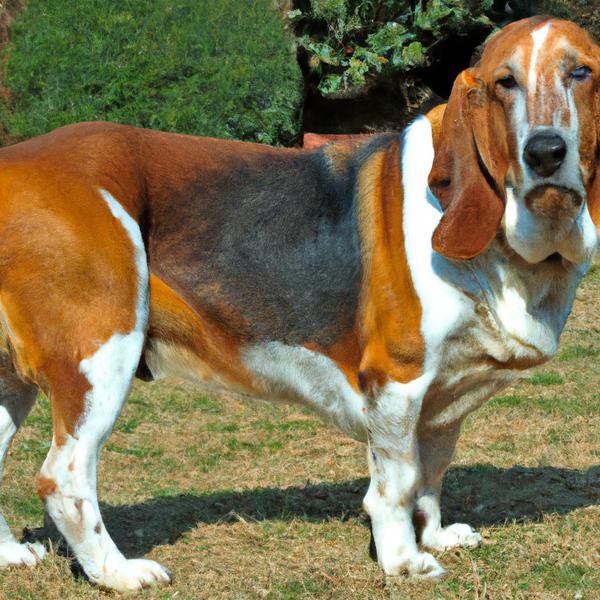
Basset Foxhound
Australian Eskimo vs Basset Foxhound
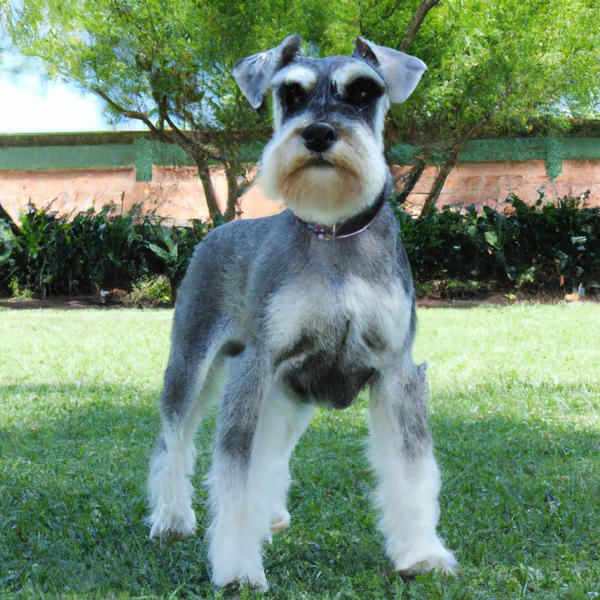
Miniature Schnauzer
Australian Eskimo vs Miniature Schnauzer
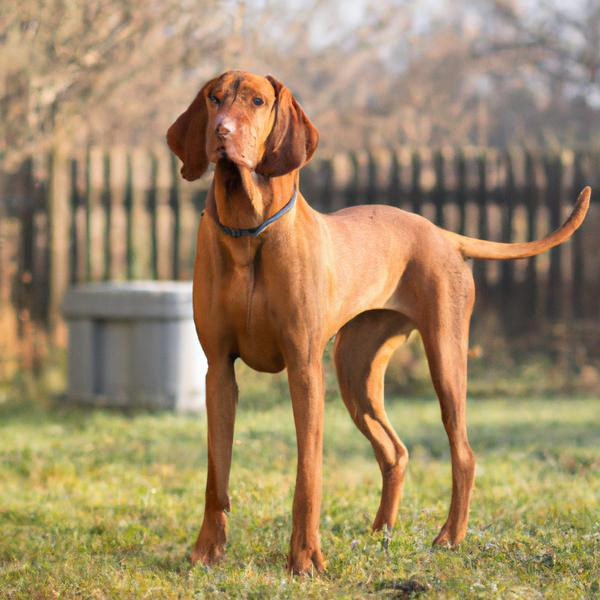
Transylvizsla Hound
Australian Eskimo vs Transylvizsla Hound
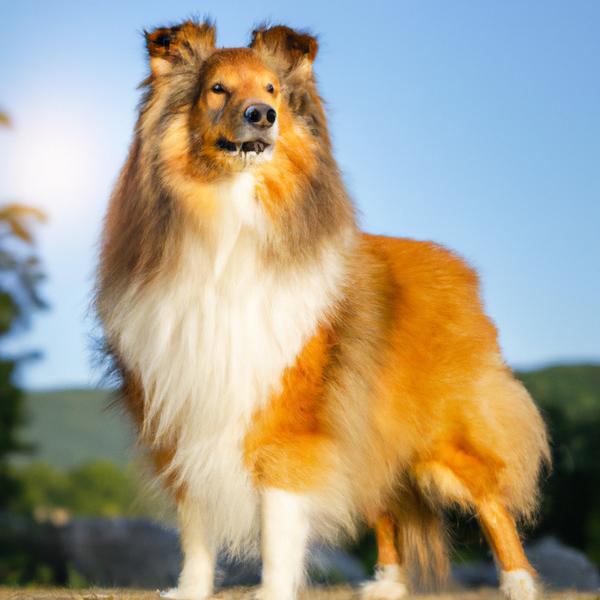
Golden Sheltie
Australian Eskimo vs Golden Sheltie
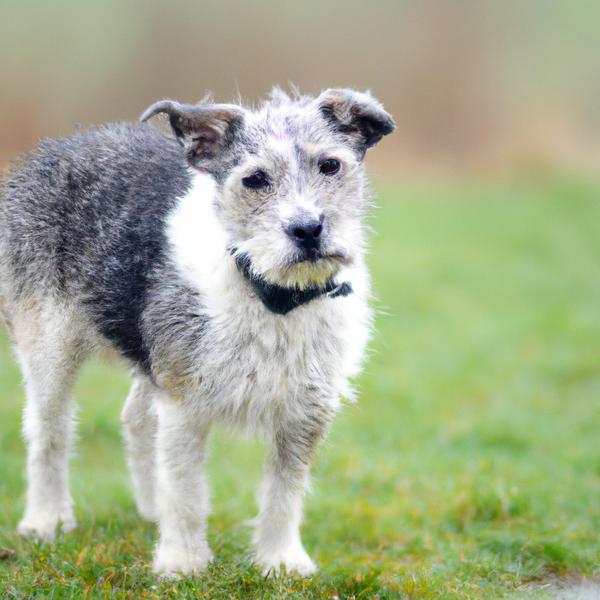
Scolden Terrier
Australian Eskimo vs Scolden Terrier
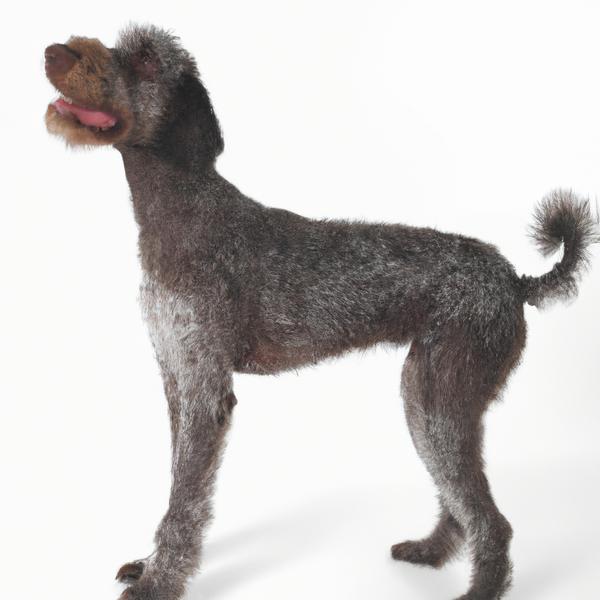
German Shorthaired Pointerpoodle
Australian Eskimo vs German Shorthaired Pointerpoodle
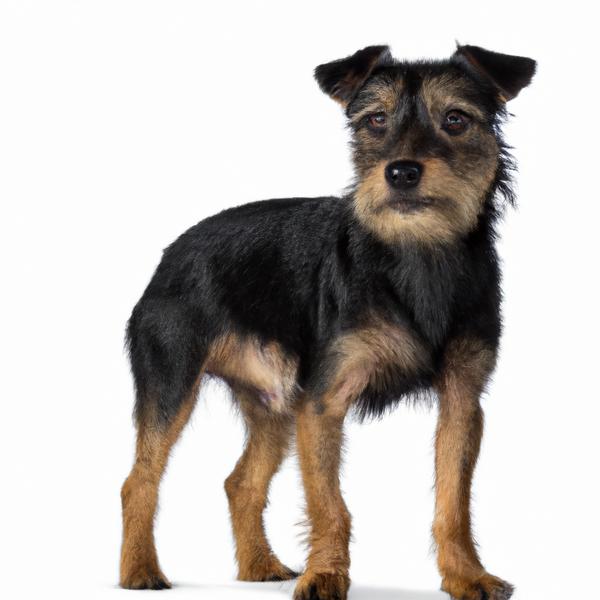
Ratshire Terrier
Australian Eskimo vs Ratshire Terrier
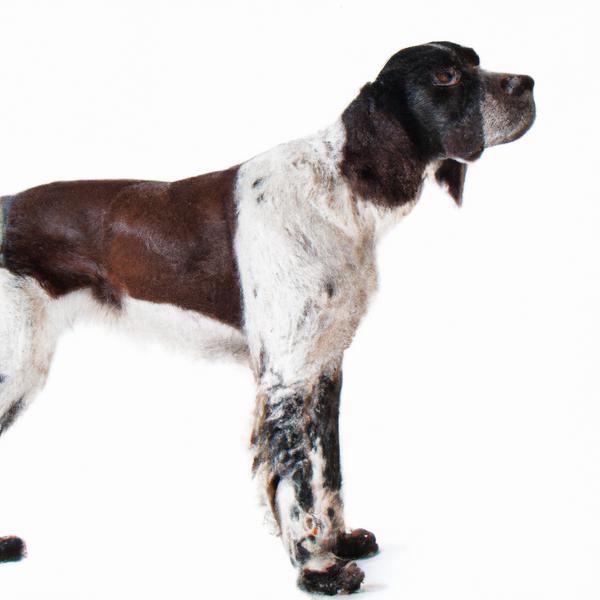
Spanador
Australian Eskimo vs Spanador
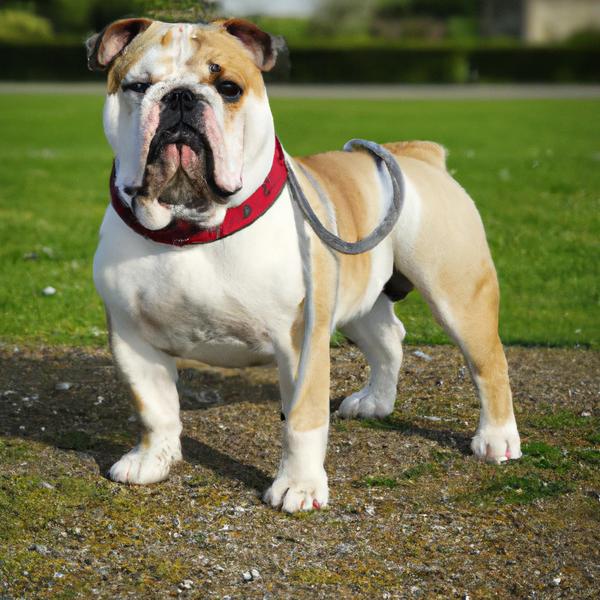
Bull Daniff
Australian Eskimo vs Bull Daniff
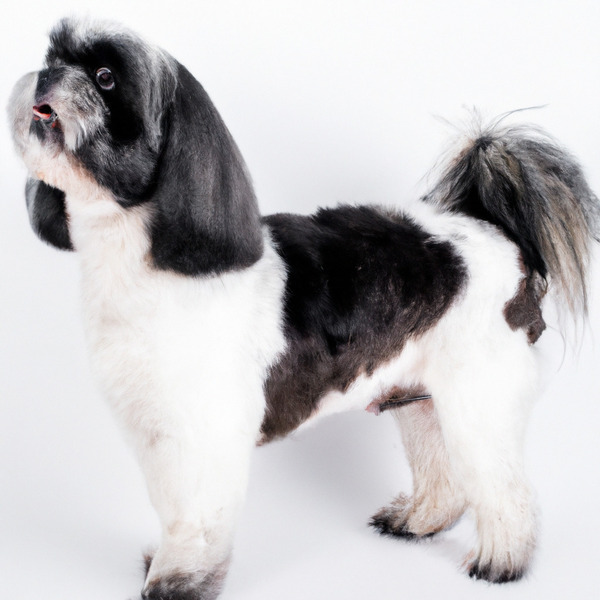
Chizer
Australian Eskimo vs Chizer
